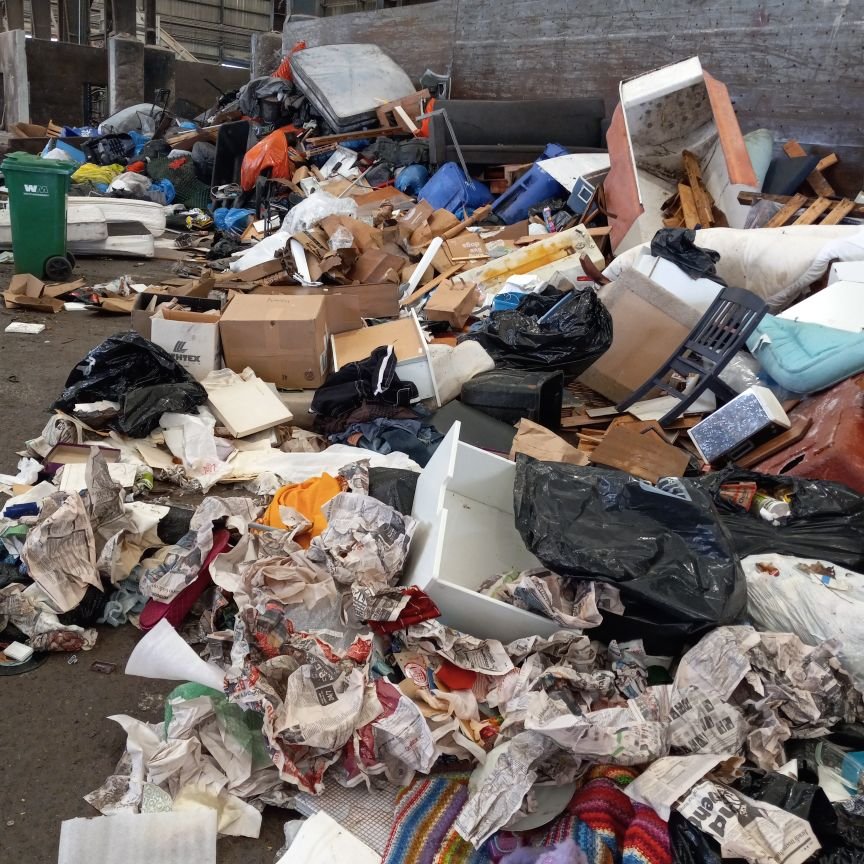Reclaim Waste Melbourne: Proven Techniques for Reliable Liquid Waste Removal
Wiki Article
Fostering Source Efficiency and Environmental Protection Via Liquid Waste Elimination Programs
In the world of environmental stewardship, the management of liquid waste stands as an important time where source efficiency and environmental protection converge. Through a lens of proactive engagement and tactical foresight, the landscape of fluid waste administration reveals a tapestry of difficulties and opportunities that bid us to explore the course in the direction of a greener and even more lasting future.Relevance of Fluid Waste Elimination
The relevance of fluid waste removal hinges on its vital function in protecting environmental wellness and guarding public health. Fluid waste, otherwise appropriately handled, can position major risks to communities, water sources, and human health and wellness. Through efficient elimination procedures, dangerous compounds such as chemicals, toxins, and virus are avoided from contaminating the setting and triggering harmful effects.Correct liquid waste elimination likewise helps in avoiding the spread of conditions and minimizing the possibility for groundwater contamination. By safely throwing away fluid waste, the threat of waterborne health problems and pollution-related health concerns is considerably minimized - Liquid waste removal. Furthermore, reliable removal practices add to preserving the total cleanliness and appearances of neighborhoods, thereby boosting the lifestyle for citizens
Moreover, liquid waste removal plays an important function in supporting lasting development and making sure conformity with ecological policies. By sticking to proper waste monitoring protocols, organizations and industries can decrease their environmental footprint and demonstrate company responsibility. Ultimately, buying durable liquid waste elimination programs is necessary for promoting ecological stewardship and promoting a much healthier, safer future for all.

Benefits of Reliable Disposal
Effective disposal of liquid waste not just safeguards ecological health and wellness and public wellness yet likewise produces various advantages that prolong past instant control procedures. One essential advantage of effective disposal is the reduction of pollution in water bodies and soil. By appropriately managing fluid waste, the danger of contamination decreases, preserving ecological communities and safeguarding biodiversity. In addition, efficient disposal practices add to source conservation. With processes like recycling and energy recovery, beneficial sources can be extracted from liquid waste, promoting sustainability and lowering the pressure on basic materials. Embracing reliable disposal approaches can lead to cost savings for communities and businesses. By maximizing waste monitoring processes, companies can streamline procedures, minimize disposal expenditures, and possibly produce income via the sale of recycled materials. Overall, the advantages of reliable liquid waste disposal are complex, encompassing ecological defense, resource efficiency, and economic benefits.Technologies for Waste Treatment
Using advanced technologies for waste treatment plays an essential function in making sure the effective management and secure disposal of liquid waste. Among the essential technologies employed in fluid waste therapy is biological therapy. This method uses microorganisms to break down raw material in the waste, transforming it into safe byproducts. One more common technology is chemical treatment, where chemicals are contributed to the waste to reduce the effects of harmful parts or speed up pollutants for elimination. Physical treatment methods, such as filtration and sedimentation, are likewise extensively used to separate solids from fluid waste.Additionally, Reclaim Waste liquid waste removal thermal treatment methods such as incineration can be employed for the total devastation of dangerous elements in fluid waste. Overall, the integration of diverse treatment technologies makes certain detailed and ecologically pleasant monitoring of liquid waste.
Function of Laws and Conformity
In the world of fluid waste administration, adherence to regulative structures and compliance criteria is vital for safeguarding ecological health and sustainability. Regulations play an essential function in governing the appropriate handling, treatment, and disposal of fluid waste to avoid damage to communities and human wellness. By establishing clear guidelines and criteria, governing bodies ensure that organizations and individuals associated with liquid waste monitoring run in an eco liable way.Conformity with these policies is not only a lawful requirement yet likewise an ethical obligation to safeguard the setting for current and future generations. It involves applying best techniques in waste collection, transportation, treatment, and disposal to decrease ecological influence and advertise resource effectiveness. Non-compliance can cause penalties, lawsuit, and reputational damage for organizations, highlighting the value of maintaining regulative criteria.

Future Trends in Waste Administration

One more key fad in waste administration is the fostering of sophisticated information analytics and man-made intelligence to optimize waste collection courses, enhance arranging processes, and boost total operational performance. These innovations make it possible for waste management business to make data-driven choices, bring about cost financial savings and environmental benefits.
Additionally, there is a growing focus on the growth of decentralized waste management systems, such as onsite therapy centers and mobile waste handling systems. These systems offer adaptability and scalability, permitting extra effective waste handling in varied atmospheres.
Conclusion
To conclude, fostering resource performance and ecological protection through fluid waste elimination programs is important for lasting development. Reliable disposal approaches, progressed modern technologies for waste treatment, and rigorous policies play crucial duties in reducing ecological influence. Looking ahead, continuous technology and renovation in waste monitoring techniques will be vital for dealing with the growing obstacles of fluid waste disposal.In the world of environmental stewardship, the administration of liquid waste stands as an important point where resource efficiency and ecological security assemble (Reclaim Waste).Using advanced technologies for waste treatment plays an important role in making sure the efficient monitoring and secure disposal of fluid waste.In the world of fluid waste monitoring, adherence to regulatory frameworks and conformity requirements is extremely important for securing ecological health and sustainability.In verdict, cultivating source effectiveness and environmental defense through liquid waste removal programs is vital for sustainable development. Looking ahead, continual advancement and renovation in waste management techniques will certainly be essential for dealing with the growing obstacles of liquid waste disposal
Report this wiki page